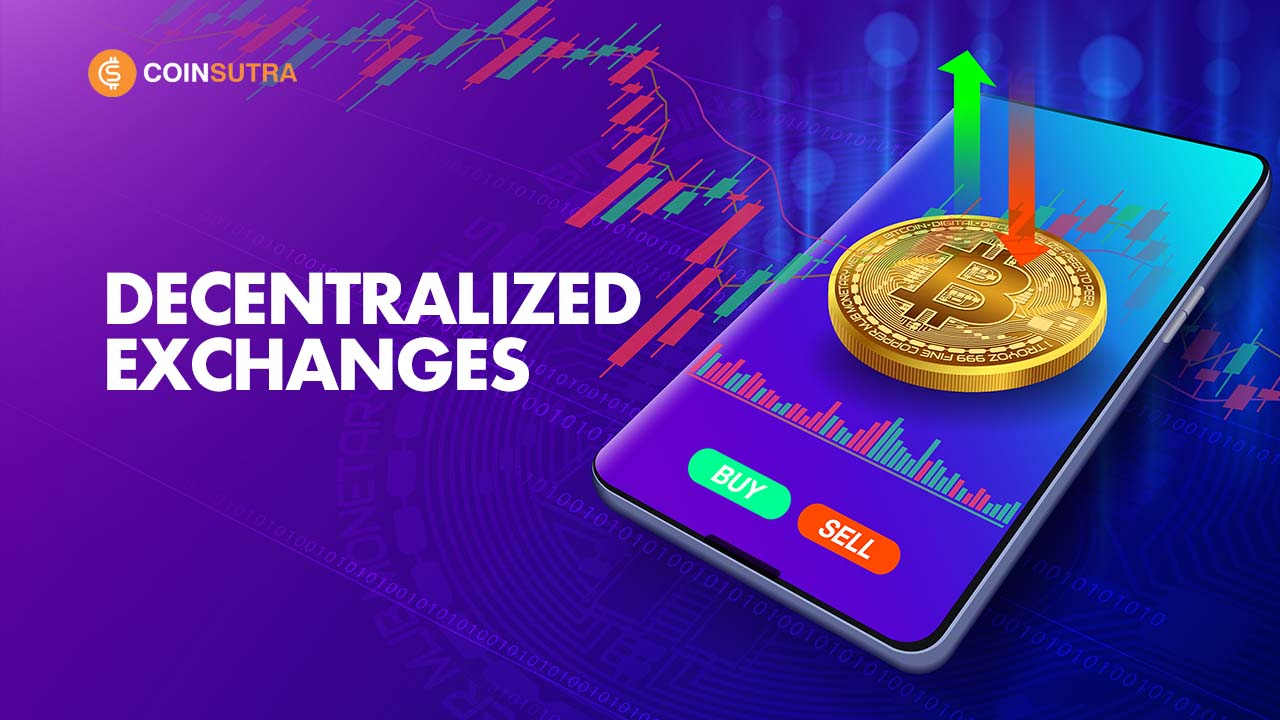Decentralized Crypto Exchange
While most crypto exchanges are licensed by government agencies, there are a few important differences between centralized and decentralized exchanges. One of the main differences is the level of government intervention. Centralized exchanges may be blocked or banned in some jurisdictions. In contrast, decentralized exchanges are not subject to government regulation. Moreover, they do not have intermediary institutions. Users of decentralized exchanges can come from any jurisdiction. This makes decentralized exchanges a more inclusive ecosystem.
A decentralized exchange is a website or app that facilitates large-scale transactions in digital assets. Unlike centralised exchanges, decentralized exchanges are not regulated by third parties and do not require KYC forms. Instead, users of these exchanges can freely exchange their crypto assets with anyone they want. A decentralized exchange also does not have a third party, so users are not subject to the risk of hacking.
In a decentralized exchange, anyone can list a new token, which allows for increased liquidity. It is important to note that this model leaves investors more vulnerable to scams, such as “rugswapping,” which involves deceiving the user into thinking they are buying a different token. Decentralized exchanges may also have a higher level of security. This is especially true in newer exchanges, where some tokens are listed before their centralized counterparts. However, it should be noted that some decentralized exchanges require users to verify smart contracts. While this works well for experienced users, it could create a knowledge barrier for novice users.
Decentralized OTC crypto exchange
A decentralized exchange does not have a central point of control. Instead, its servers are spread across multiple computers. This allows it to continue to function even if one computer is attacked. Decentralized exchanges can also support peer-to-peer trading. However, the drawbacks of decentralized exchanges are lower trading volume, small liquidity, poor user interface, and limited customer support. There are some pros and cons to each option, but decentralized exchanges are the way to go for the moment.

Is There a Decentralized Crypto Exchange?
A decentralized exchange is much more complex than a centralized exchange. This type of exchange uses a network of users to find trading partners. For example, Bisq has a blog and wiki. However, the Bisq website is thin and does not have a mobile app. In addition, the Bisq site does not have a mobile app, so it is difficult to use in an urban environment.
While centralized exchanges are still the most popular in the crypto market, a decentralized exchange is a more efficient alternative for those looking for a more personalized, direct peer-to-peer platform. These exchanges make digital coins more accessible to everyday people. They match buyers and sellers and facilitate the transaction between them. These exchanges also make it easier for users to reach the appropriate price when buying and selling cryptocurrencies.
What’s more, a decentralized exchange provides more flexibility and functionality for its users. With decentralization, the number of users increases as the crypto industry matures. However, decentralization has its drawbacks. One of the primary benefits of a decentralized exchange is increased security. It’s crucial that the platform you choose is reliable and offers the best security. Lastly, a decentralized exchange can also be easier to maintain.